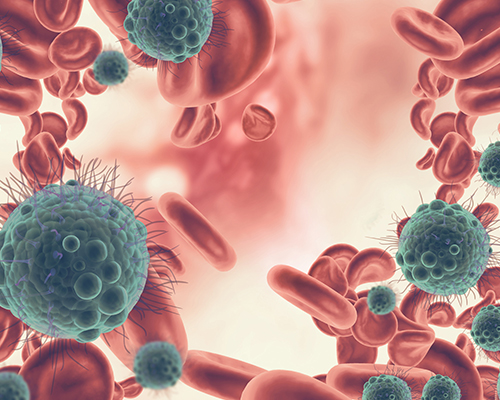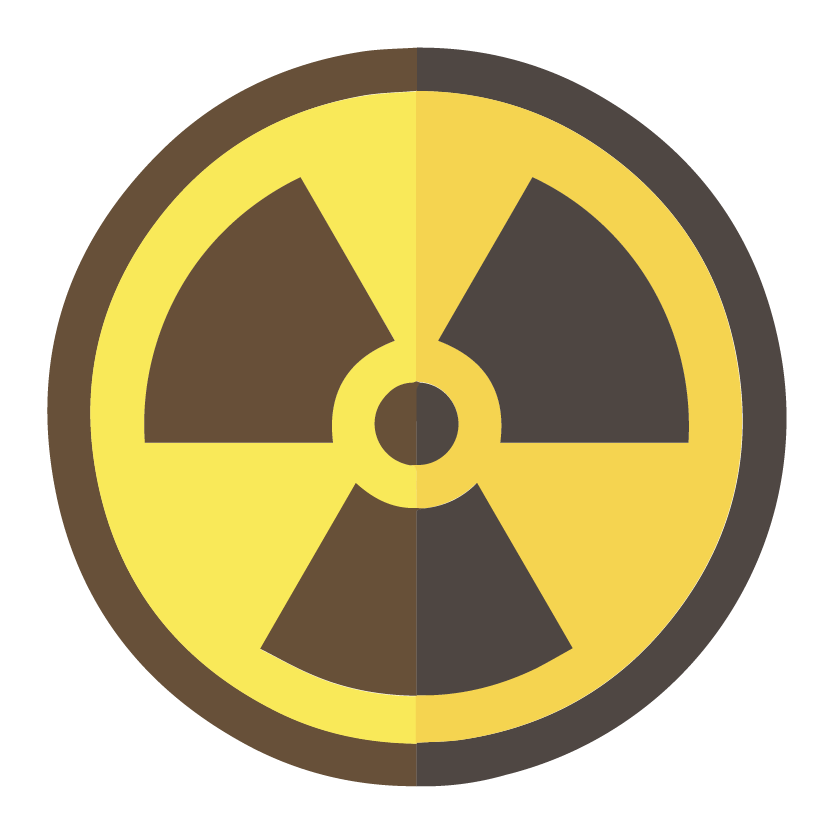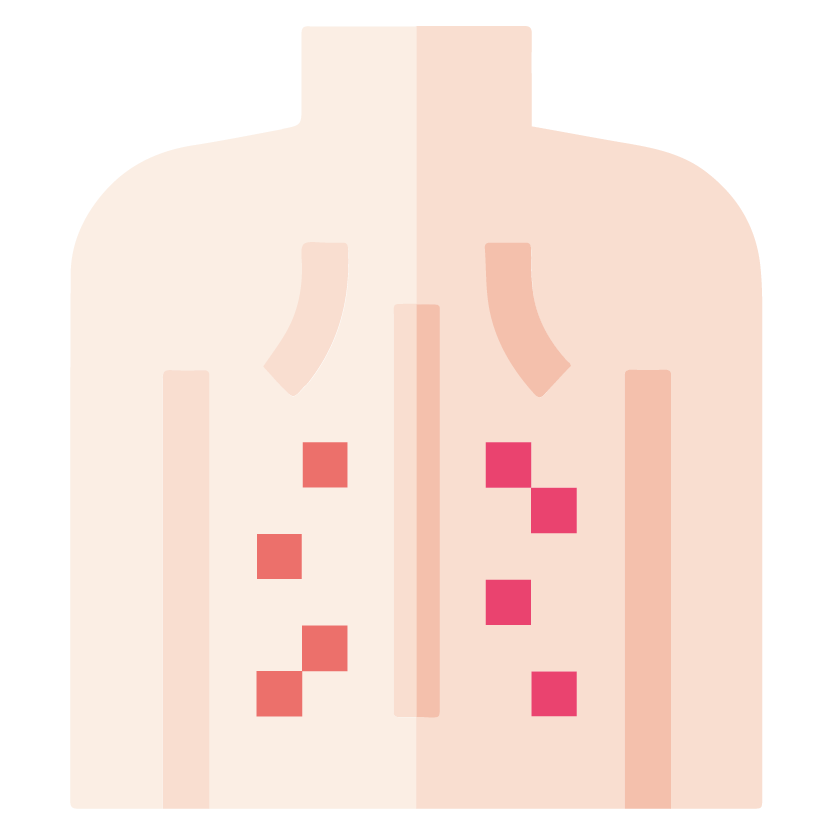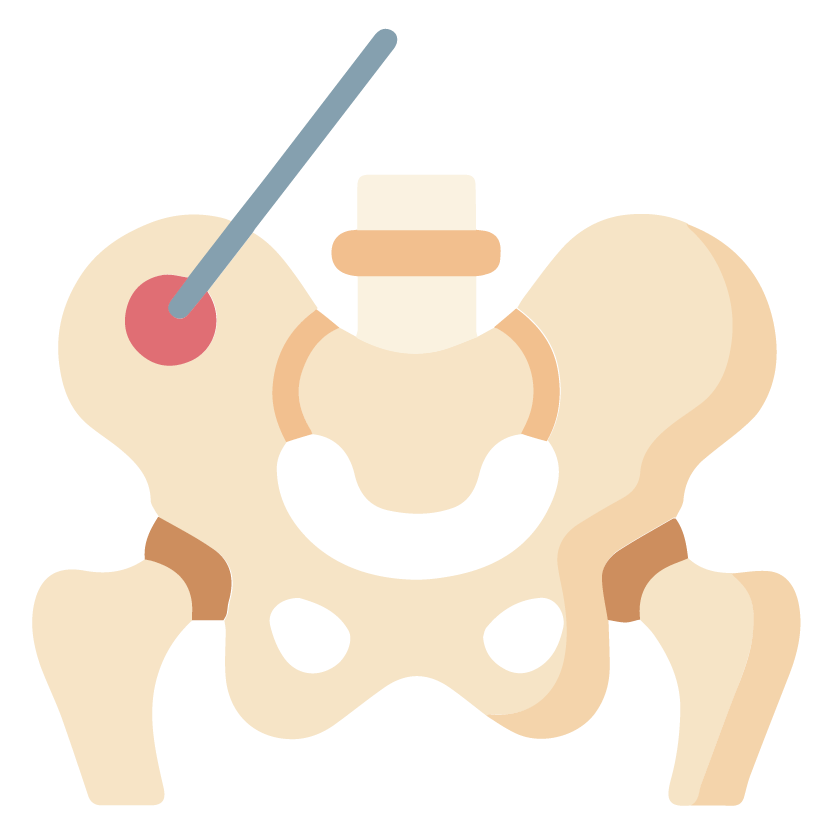Myeloproliferative Neoplasm
Myeloproliferative Neoplasms (MPNs) are a group of rare blood cancers characterised by the excessive production of blood cells in the bone marrow.
What is Myeloproliferative Neoplasm?
Myeloproliferative neoplasms (MPN) are a group of diseases that affect how normal blood cells are made in your bone marrow.
Within cells, there are coded instructions that control how the cell should act, and each section of DNA containing these instructions is called a gene. In MPN, abnormalities develop in the DNA in stem cells in the bone marrow, resulting in the overproduction of blood cells. This DNA damage is called an acquired mutation. The bone marrow also creates an excess of cytokines, which are substances similar to growth factors. Along with changes to stem cells, people with MPNs may experience changes to the structure of the bone marrow (the bone marrow microenvironment). Each damaged stem cell divides and creates a clone — a group of identical cells, all carrying the same mutation. This is why MPN is sometimes referred to as a clonal disorder.
Common Types of Myeloproliferative Neoplasm
There are three main types of Myeloproliferative Neoplasms:
- Polycythemia Vera (PV): Too many red blood cells.
- Essential Thrombocythemia (ET): Too many platelets, which are the cells that control bleeding
- Primary Myelofibrosis (PMF): Bone marrow tissue is replaced by fibrous scar-like tissue. As this builds up, your blood cells can no longer develop properly inside your bone marrow.

Risks of Myeloproliferative Neoplasm
Why a particular person develops MPN at a specific time is not really understood. However, certain risk factors put some people a higher risk of developing MPN:

Aging, as the risk of developing genetic mutations tends to increase with age.

Long-term exposure to high levels of benzene or very high doses of ionising radiation.

Sometimes, families may exhibit familial clustering, where more than one member has a certain type of MPN. While not very common, these family members typically share the same gene mutations.
Symptoms of Myeloproliferative Neoplasm
The symptoms you experience will depend on:

The type of MPN you have

The severity of your MPN

Which types of blood cells are high or low (red, white or platelets)
Symptoms that people with any type of MPN may experience includes:

Tiredness and fatigue not improved by rest

Weakness

Weight loss

Fever

Itchy skin

Night sweats

Pain in bones or joints

Enlarged Spleen (Splenomegaly)
Diagnosing Myeloproliferative Neoplasm
Diagnosing MPNs involves a comprehensive evaluation, including:

Full Blood Count (FBC)
To assess the levels of different blood cells.

Bone Marrow Biopsy
A sample is taken from the bone marrow to detect abnormalities in bone marrow cells.

Cytogenetic Testing
To identify chromosomal abnormalities in bone marrow cells.

Flow Cytometry
To analyse the characteristics of cells in the bone marrow.
